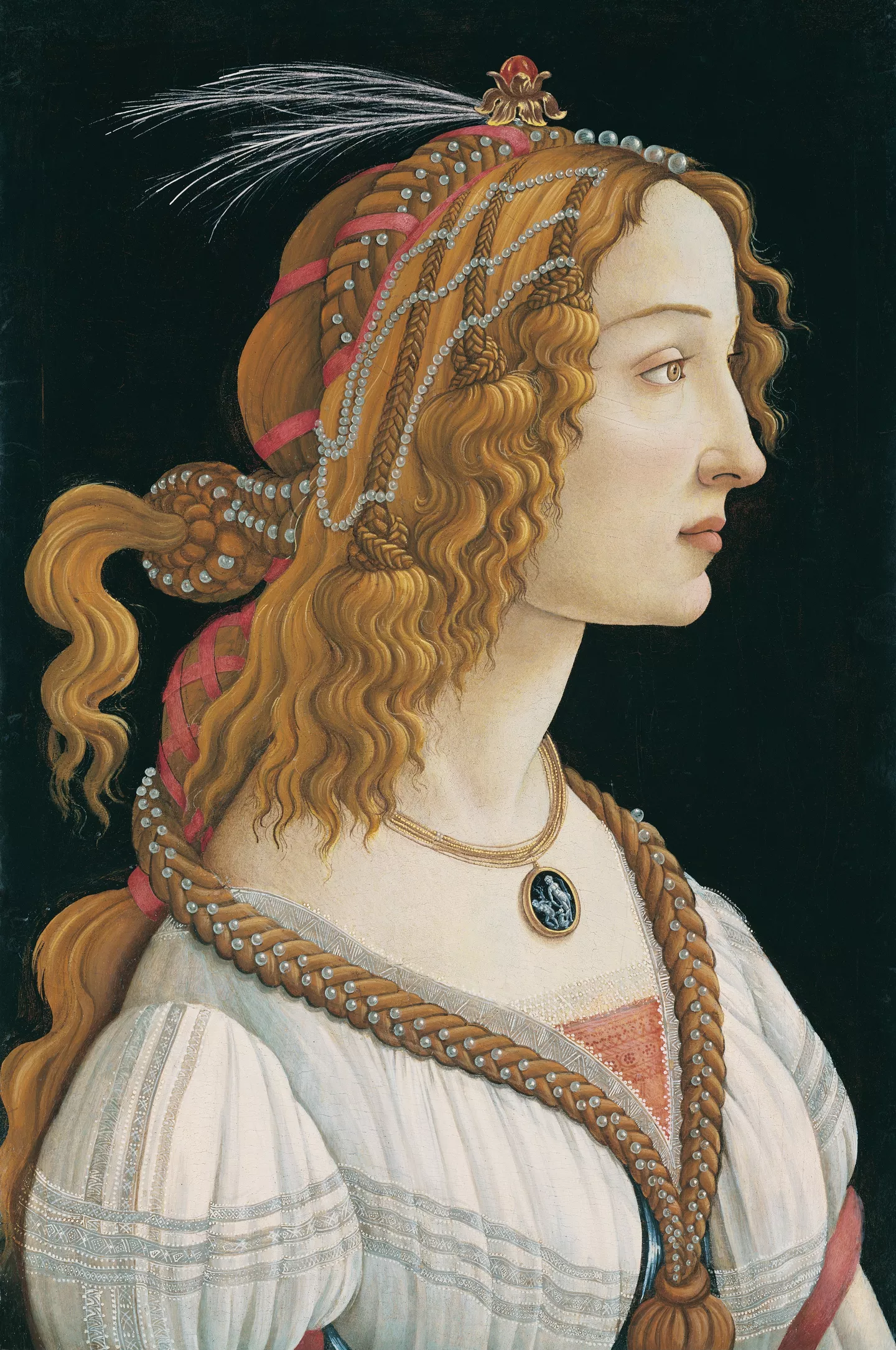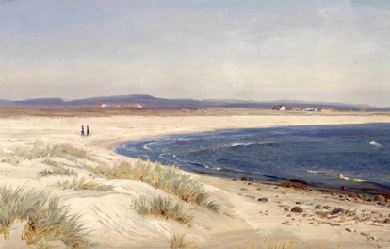
Amoretti XXXVII: What guile is this, that those her golden tresses
Edmund Spenser wrote his Amoretti ("little loves") about his courtship with Elizabeth Boyle. Spenser draws on the Petrarchan tradition as a model for his Amoretti sonnets. One notable difference between Spenserian sonnets and Petrarchan sonnets is the availability of the heroines. Petrarch's heroines were always women that were sexually unattainable usually as a result of already being married; while Spenser's heroine (Elizabeth Boyle) was attainable, even if his poems made it seem like he had no chance. Spenser uses images and metaphors to show the heroine or love itself as a cruel tormenter. In Amoretti Sonnet 37, Spenser imagines a cunning woman that ensnares men with her golden hair to show how people sometimes are blinded by the carefully constructed exterior of a person rather than who that person really is. It also seems like he is struggling with the idea of marriage, is it really as wonderful as it appears to be? or is it an archaic notion?
What guile is this, that those her golden tresses,
And with sly skill so cunningly them dresses,
That which is gold or heare, may scarse be told? (lines 1-4)
What deceitful thing is this, that she attires her golden hair in a net of gold: and with such clever skill and trickery she dresses her hair so that you can't tell the difference between the gold and the hair.
She may entangle in that golden snare:
And being caught may craftily enfold
Theyr weaker harts, which are not wel aware? (5-8)
Is it that men's frail eyes gaze so hard at her golden snare that they become entangled in it: and once caught she enfolds their weak hearts without them realizing it?
Henceforth too rashly on that guilefull net,
In which if ever ye entrapped are,
Out of her bands ye by no means shall get. (9-12)
Beware my eyes of how you look upon her from this point on, because if you are ever caught you will never be able to free yourself.
To covet fetters, though they golden bee. (13-14)
It is foolish to desire restraints, no matter how beautiful they appear to be.
One of the first things that people notice about someone is their appearance, whether they are rich or poor, beautiful or ugly, etc. This woman uses her appearance to ensnare men, most likely because she is looking for a husband. Have you ever heard that saying, "not everything that glitters is gold"? Well, I think that Spenser is using that idea to show that not everyone is as they appear to be. He is telling the reader to really think about what it is that you are doing, instead of letting something shiny distract you. I feel like he is also questioning whether or not marriage is for him. Marriage acts like fetters (shackles or chains), which binds two people together. In the last two lines of the poem, he seems to be saying that it is foolish to give up your freedom/identity to marriage, because it is not as golden (or beautiful) as it seems. This sonnet may be reflecting a time during his courtship with Elizabeth where he is uncertain of whether he really wants to continue on this path with her.
In this poem, Spenser makes men to out to be the weaker sex, and women clever tricksters. The heroine in this poem calls the shots; she draws men to her and entraps them in her snare. Men are the ones with the weak hearts and the frail eyes, which at least in my opinion, seems to be the complete opposite of the prescribed gender roles of today.
Eyes also seem to play a powerful role in this poem. Spenser seems to be warning his audience that you have to be careful, because what you see is not always what really is. Her hair appeared to be gold, but it was only the gold hair net that made it appear to be so. Your eyes can fool you into believing something is true when in actuality it's not. He seems to equate marriage and love with entrapment; people don't always show us who they are right away, and often times you don't really get to know someone until have you are married or have lived with them for a while.





